
Universal Pumping | High Pressure Pumps
High Pressure Pumps for Difficult to Pump Slurry, Sludge, and Food Waste.
In the rapidly evolving fluid transfer industry, maintaining efficiency and preventing contamination are paramount. Transfer pump filters play a critical role in safeguarding fluid integrity during transportation. According to a report by the Fluid Handling Magazine, contamination can lead to a 20% decrease in system efficiency, costing companies not only in repairs but also in lost productivity. The implementation of high-quality transfer pump filters can significantly mitigate these risks, ensuring that the fluids remain uncontaminated throughout the transfer process.
Recent studies indicate that nearly 30% of fluid-related failures in industrial applications stem from contamination issues. This alarming statistic underscores the necessity of investing in robust filtration systems designed specifically for transfer pumps. The right transfer pump filter not only improves the quality of the fluid but also extends the life of the pumping equipment, leading to reduced operational costs over time. As industries increasingly prioritize efficiency and sustainability, understanding the essential role of transfer pump filters becomes crucial in achieving optimal fluid management and operational excellence.
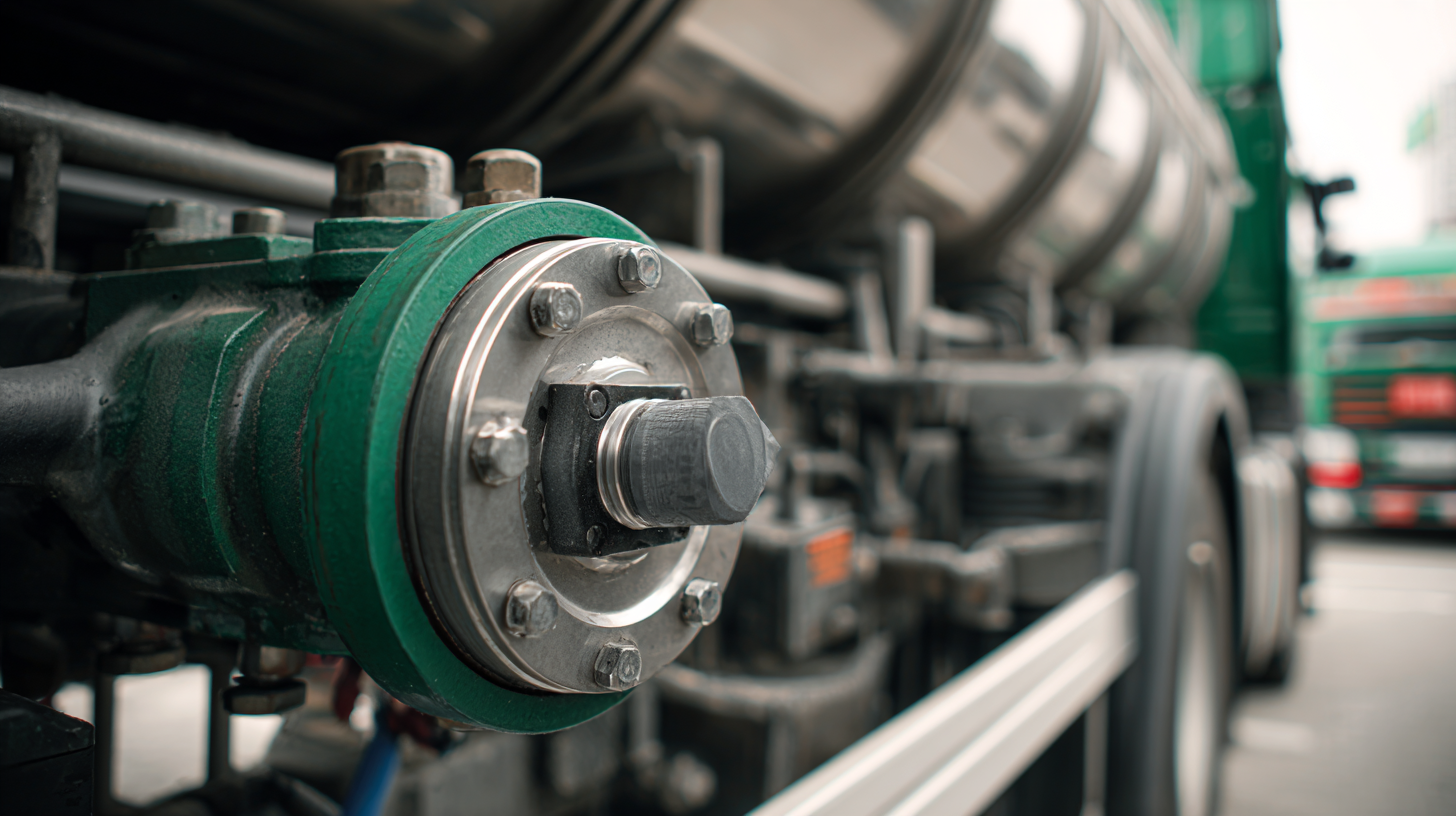
Transfer pump filters play a crucial role in fluid management by ensuring that the fluid being transferred remains uncontaminated and efficient. These filters act as a barrier, trapping harmful particles and debris that can lead to equipment damage or system failures. By maintaining clean fluid pathways, transfer pump filters enhance the overall performance of pump systems, thereby extending the lifespan of both the pump and the associated machinery.
**Tips:** Regularly inspect and replace transfer pump filters to avoid buildup that could hinder performance. Keeping a maintenance schedule helps ensure that filters are functioning correctly and that the fluid remains pure, reducing downtime and repair costs.
In addition to protecting equipment, transfer pump filters improve the efficiency of fluid management processes. Clean fluids reduce friction and energy loss, leading to better operational performance and reduced energy consumption. Using high-quality filters tailored for specific fluid types can significantly enhance fluid flow, contributing to more effective system operations.
**Tips:** Invest in filters designed for the specific application and fluid characteristics to optimize performance. Proper sizing of filters also matters; an appropriately sized filter will minimize pressure drops and maximize flow rates.
| Filter Type | Efficiency (%) | Contaminant Removal (%) | Flow Rate (liters/min) | Maintenance Frequency (months) |
|---|---|---|---|---|
| Mesh Filters | 75 | 60 | 20 | 6 |
| Depth Filters | 90 | 80 | 15 | 12 |
| Activated Carbon Filters | 85 | 70 | 10 | 3 |
| Ceramic Filters | 95 | 90 | 5 | 24 |
Transfer pump filters play a crucial role in maintaining the integrity of fluid systems by preventing contamination. Recent incidents, such as the discovery of a sealant-induced contaminant in Jet A1 fuel drums, highlight the importance of filtration to ensure clean fluid transfer. Sealants used in packaging can leach harmful substances that compromise fuel quality, underscoring the necessity of implementing effective filters in transfer systems to trap these contaminants before they enter sensitive equipment.
The demand for precision in fluid handling is continuing to rise, with the tube pump segment capturing 56.4% of the market share in 2023. This indicates a strong industry reliance on systems that prioritize contamination prevention and operational efficiency. Furthermore, innovations in fluid technologies aim to optimize hygienic processes, like those seen in newly developed pumps designed for sanitary applications. As the global fluid handling systems market is projected to grow significantly, reaching USD 113.59 billion by 2034, the implementation of robust filtration solutions will be essential in safeguarding fluid quality and enhancing overall system performance.
Quality filters play a crucial role in enhancing fluid efficiency within transfer pump systems. These filters are designed to selectively remove particulate matter and contaminants from the fluid, ensuring that only clean fluid enters the pump. By doing so, they help maintain optimal pump performance and prolong the lifespan of the equipment. When contaminants such as dirt, debris, or particulates accumulate, they can lead to blockages or wear in the pump components, resulting in decreased efficiency and increased maintenance costs.
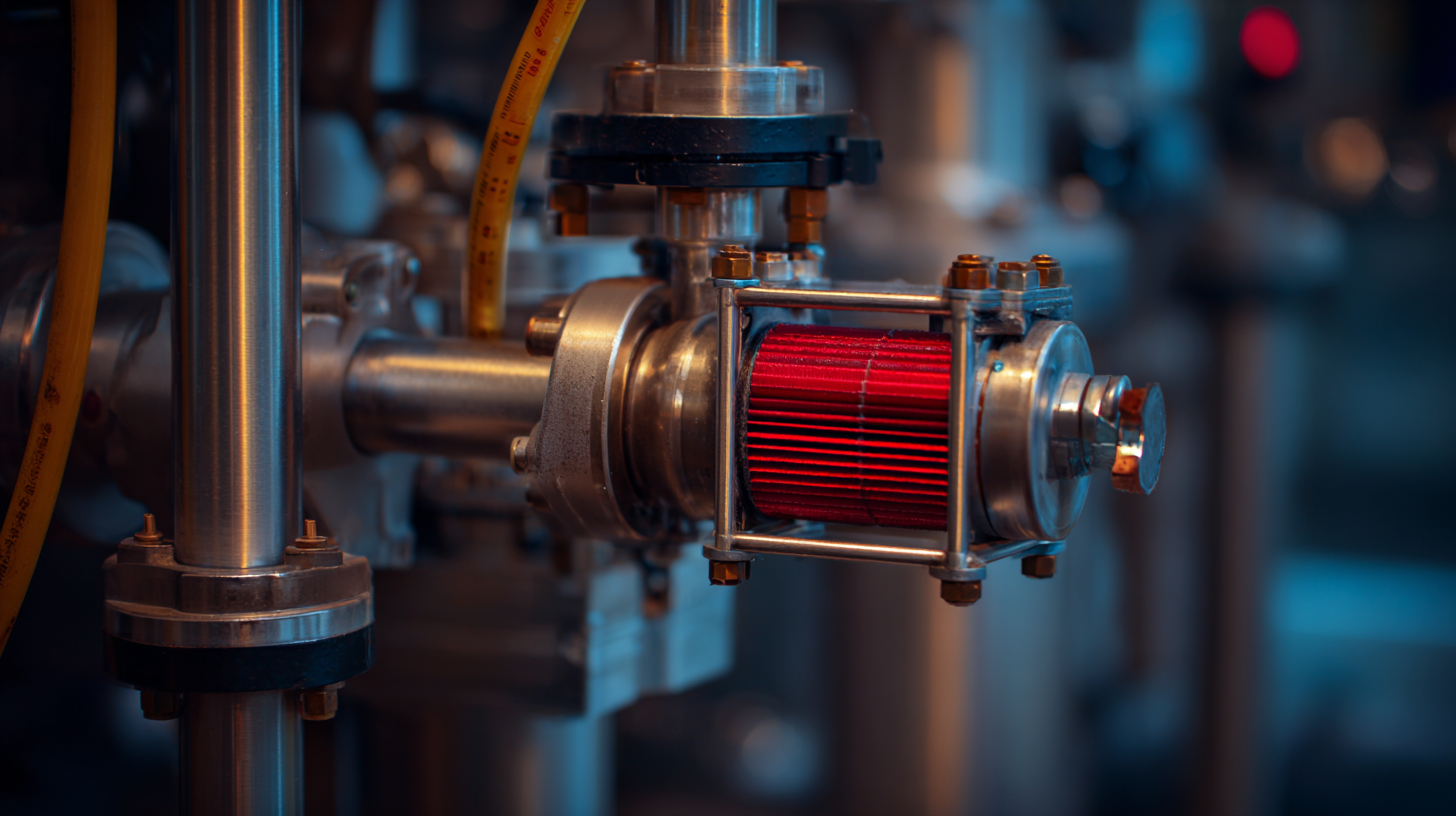
Moreover, the use of quality filters not only enhances fluid efficiency but also helps in preventing operational disruptions caused by contamination. A well-designed filter system can significantly reduce the risk of fluid contamination in industrial processes, which is essential in sectors like manufacturing and chemical processing. By implementing effective filtration, businesses can ensure smoother operations, reduced downtime, and lower costs associated with equipment repairs and replacements. The focus on quality filters thus becomes integral to achieving both operational efficiency and safeguarding the integrity of the fluid being processed.
When selecting transfer pump filters, several key features must be prioritized to ensure optimal performance and longevity of the pumping system. First and foremost, the filtration rating is crucial. This specification indicates the size of particles the filter can effectively capture. A filter with a lower micron rating is able to trap smaller contaminants, preventing them from entering the pump and potentially causing damage or reducing efficiency. Additionally, filters that offer high dirt-holding capacity are desirable, as they require less frequent replacement and maintenance, ultimately saving time and operating costs.
Another important characteristic to consider is the construction material of the filter. It should be compatible with the types of fluids being transferred, as certain materials may degrade over time or become less effective in specific fluid environments. Moreover, look for filters designed for easy installation and maintenance. Features such as a clear housing allow for visual inspection of filter conditions without disassembly, while quick-change designs facilitate prompt replacements. By focusing on these essential features, users can enhance fluid efficiency and significantly reduce the risk of contamination in their transfer pump systems.
Regular maintenance of transfer pump filters is crucial for ensuring their longevity and optimal performance. These filters are designed to remove contaminants from the fluid being transferred, protecting the pump from damage and maintaining efficient operation. Over time, filters can become clogged with debris and particles, leading to reduced fluid flow and increased strain on the pump. Implementing a robust maintenance schedule can help in identifying signs of wear and tear early, allowing for timely replacements or cleanings that prevent major breakdowns.
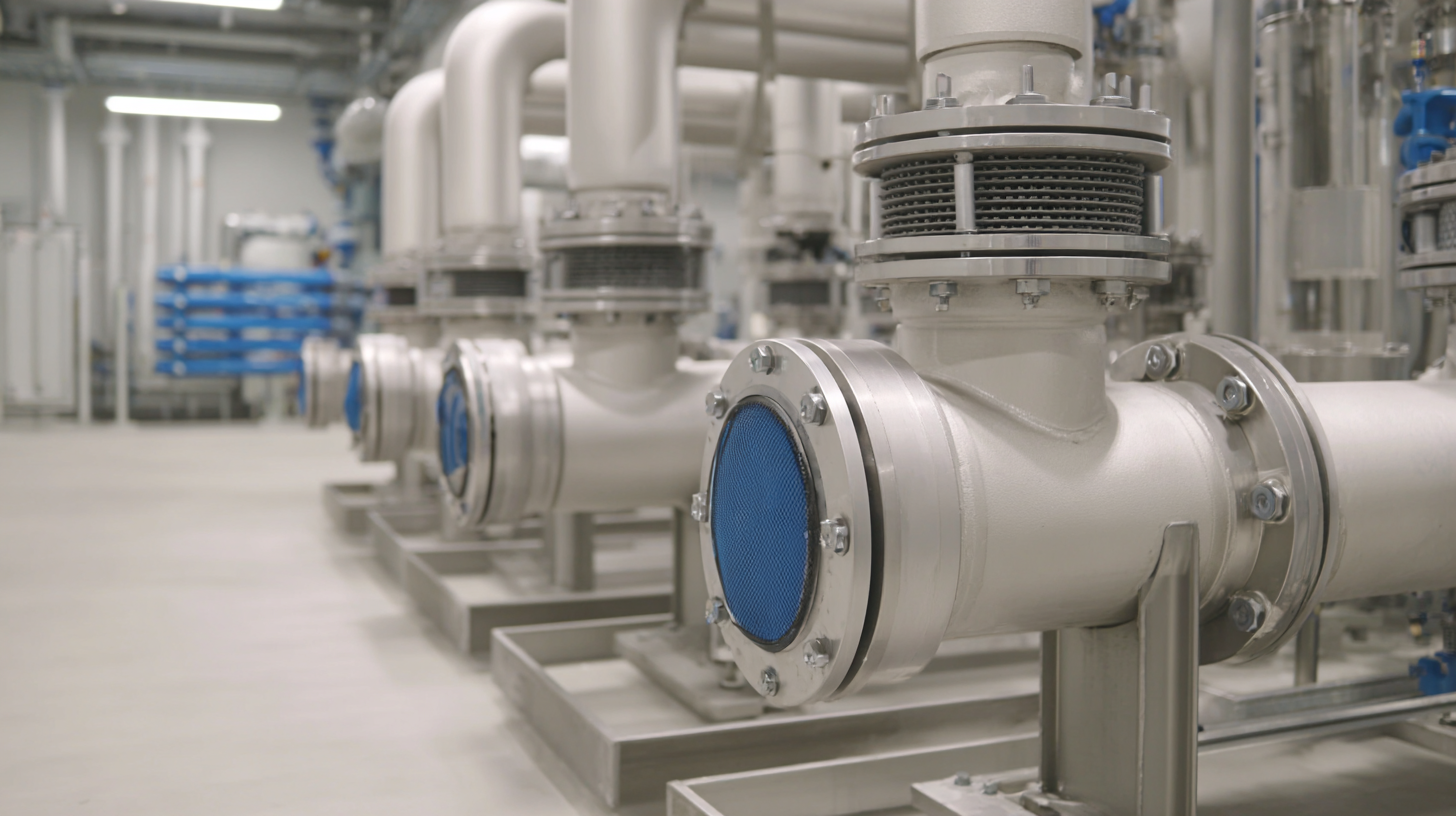
Furthermore, regular servicing often includes checking for leaks and ensuring that the filter is properly sealed, which contributes to overall system integrity. This proactive approach not only extends the life of the transfer pump filters but also enhances the overall fluid efficiency of the system. By prioritizing maintenance, operators can ensure that their equipment runs smoothly and reliably, leading to reduced operational costs and improved productivity in the long run.
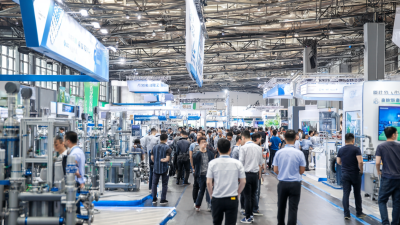

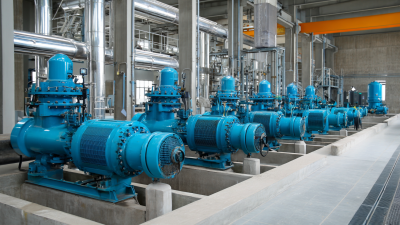

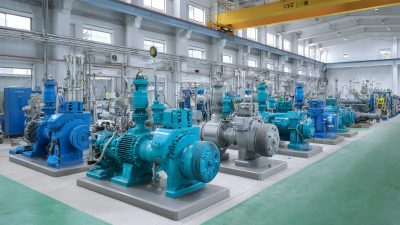
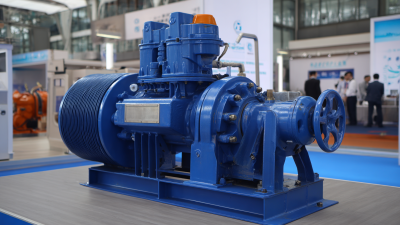
Universal Pumping
625 Apache Trail
Woodstock, GA 30189
Mon - Fri | 9:00 AM - 5:00 PM
Universal Pumping is staffed with industry professionals with 20-45 years experience with high pressure pumping systems. We represent only the “elite producers” in pump manufacturing: Britain’s EMS and Germany’s EMMERICH. Our engineering and manufacturing approach is conservative, and we do not use “guess work” in the design or sales of our pumping and filtration equipment.



